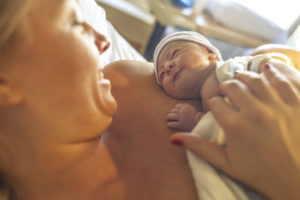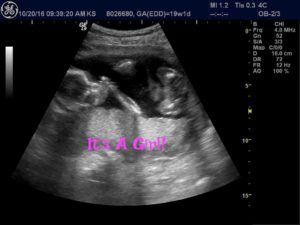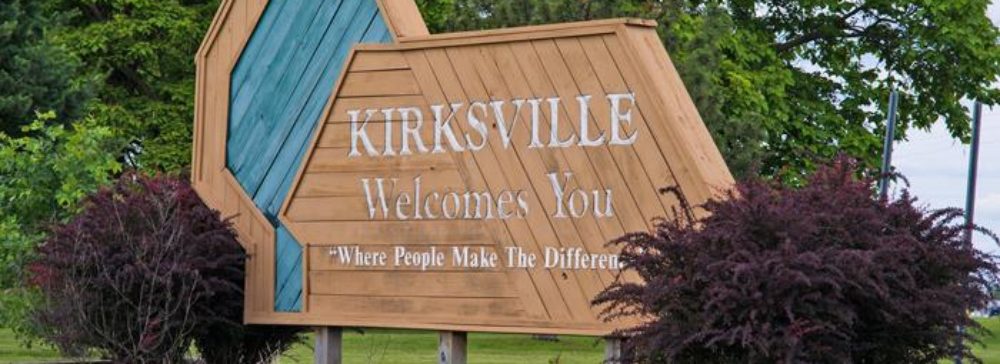 All images via Google Images
All images via Google Images
All of the following information was attained via an interview with an employee, who works in the OB unit here. They have provided me with all of the following information. This facility has a wide range of options available for women in the Kirksville area. They are the only place that permits the birthing of children in the immediate Kirksville area; aside from home-births. They are a hospital unit, with the pregnancy services offered in the OB section, on floor level five. The level is a secure locked unit, and to enter you must use the call phone in the hallway/waiting area. They accept all peoples of various payment types and options (legally a hospital cannot turn anyone away). They typically see middle class patients at their facility, but this is due to the community the hospital located in, according to the employee. They typically use insurance through their own, or their spouses work to pay for the services offered. Usually vaginal deliveries go home within two days, and C-sections may go home in three to four days. Most insurance companies will pay up to four days, but the patient is not required to stay four days. When they are unable to pay, there are as low as ten dollar a month payment plans available. They have proper birthing rooms/suits, medical instruments, and emergency procedures in place to insure a smooth birthing process. They don’t have a NICU, but they do have a helicopter landing pad in their parking lot area; which if need be can life-flight the newborn to a hospital nearby that does have one.
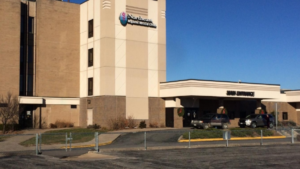
Interesting Options/Occurrences: Among the local Kirksville pregnant patients the medical staff sees, there are miniories that also visit the hospital. Those being the Amish, Congolese, and Hispanics. Amish always pay with cash in full (aka: “private pay”), and never have any debts to the hospital this way (It’s Amish culture that any money needed from the saving account must be approved by the church deacons first). They gain this cash via their local Amish church congregation, where all the Amish put money into the birthing saving account for their expecting women to use when needed. They do not carry any form of insurance, so this funding from their community is their only form of viable payment. The hospital offers packages to the Amish to help cheapen up their stay, like helping to get the patients out of the hospital within a reasonable amount of time (ideally less than twenty-four hours). They also offer pre-payment options, which allows the Amish patient to pay a set amounts by certain times before the actual birth (this would occur three separate times before the birth). If they are able to pay it by the set times, they are viable to get discounts off their total cost. Congolese and Hispanics often use MediCaid insurance programs to pay for their services insurance. The Congolese and Hispanics however, face other hardship than the Amish. Due to language barriers, the papers the women bring over from their native countries are of no use to the staff at the facility. Therefore, most of the time the staff has to start from scratch with testing, like evaluating the status of their baby: is the baby alive, do we have a heartbeat, is the placenta adequate, is the baby in the correct position for delivery (is it head down or is it breech)?

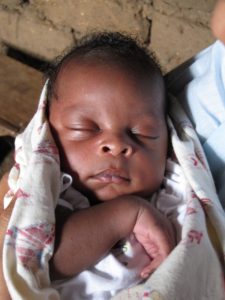

Fun & Love: The facility offer all ranges of birth options, except water-based births. They offer: C-Sections, natural births, and all the usual pain reliefs for laboring women. They offer warm moist packs for the mothers’ back pain and they have an anesthesiologist that performs the epidural; if they mother is variable for one and is requesting it. They perform state mandatory testing on the infant, the PKU testing, CCHD car seat testing, to ensure that the baby is it going to be able to adequately and safely go home in the car seat that they have for that child. They also ensure that the mothers are healthy to leave as well (average age of the mothers is typically young adult to early middle age, separated from their partners; according to the employee I interviewed). They also offer fun and exciting services to young mothers and families. They promote the encouragement of significant others in the labor process, preform gender reveal ultrasounds, and encourage a full hour of skin-to-skin contact with mom and baby after birth (to initiate the bonding connecting between child and mother). The facility, according to the employee interviewed, truly wants to become your friend. “…We touch base on the fun stuff too; are you having a boy or girl, what’s the nursery theme, so we also become your friend because we’re going to be here at a time that’s very important for you.” – Employee at Northeast Regional Medical Center.
